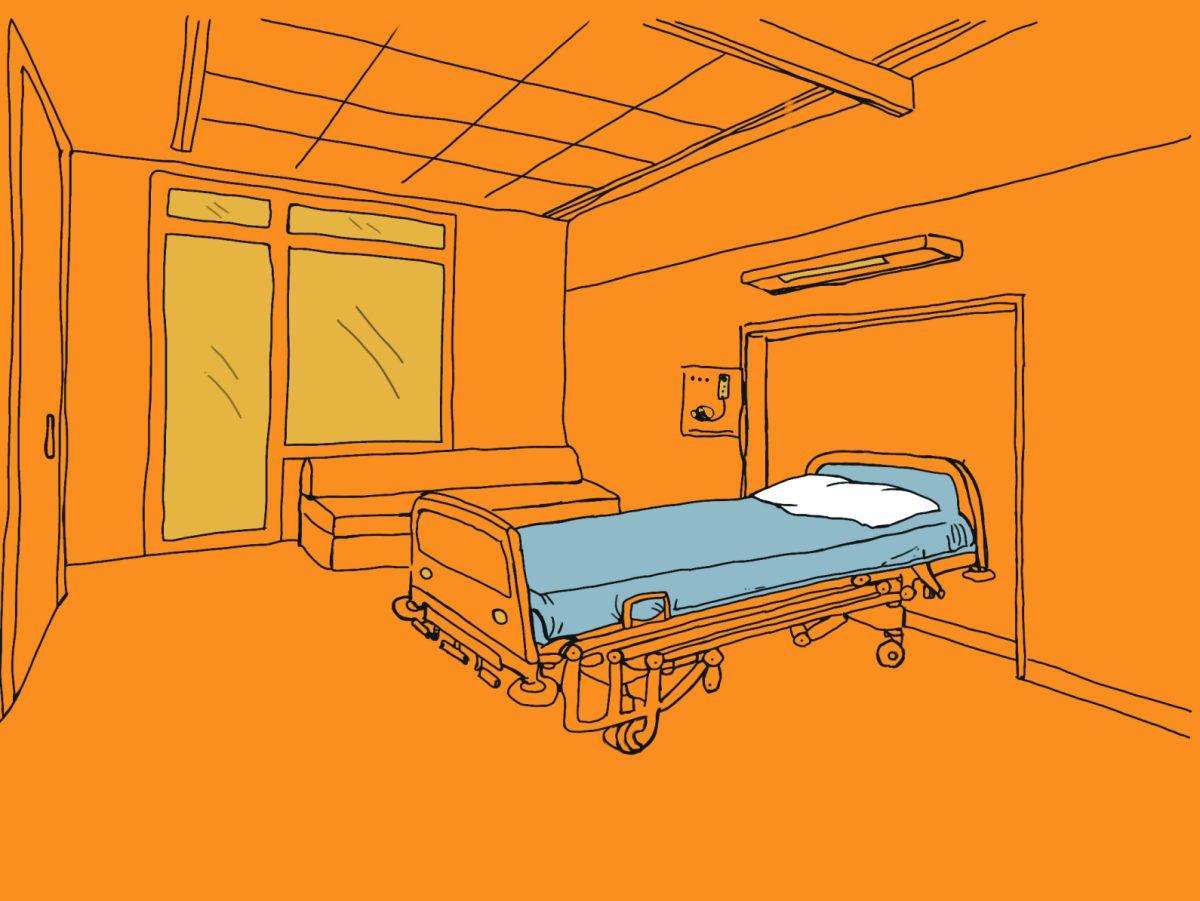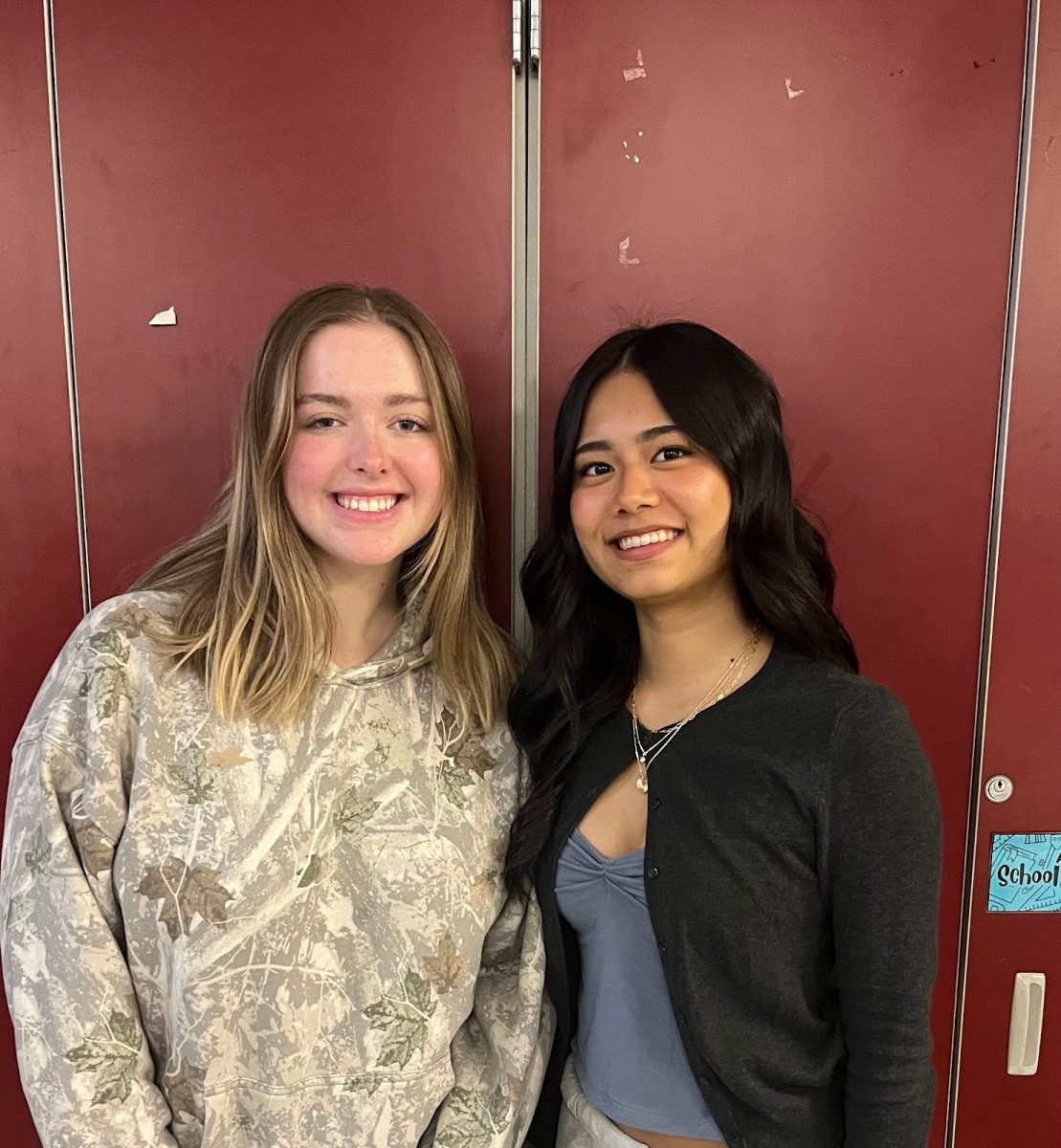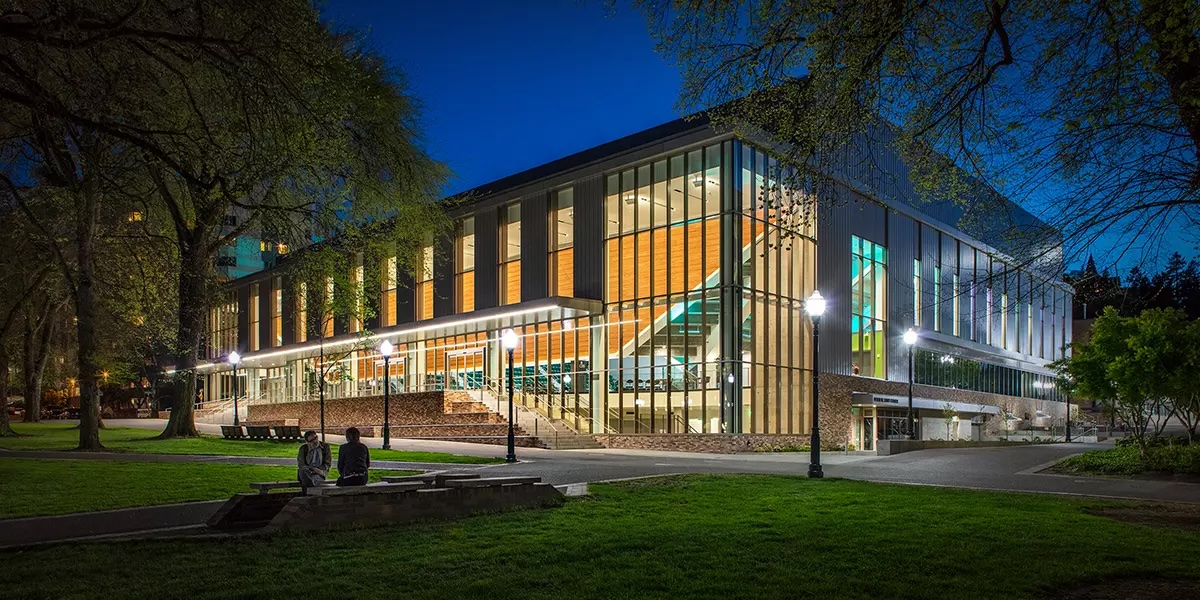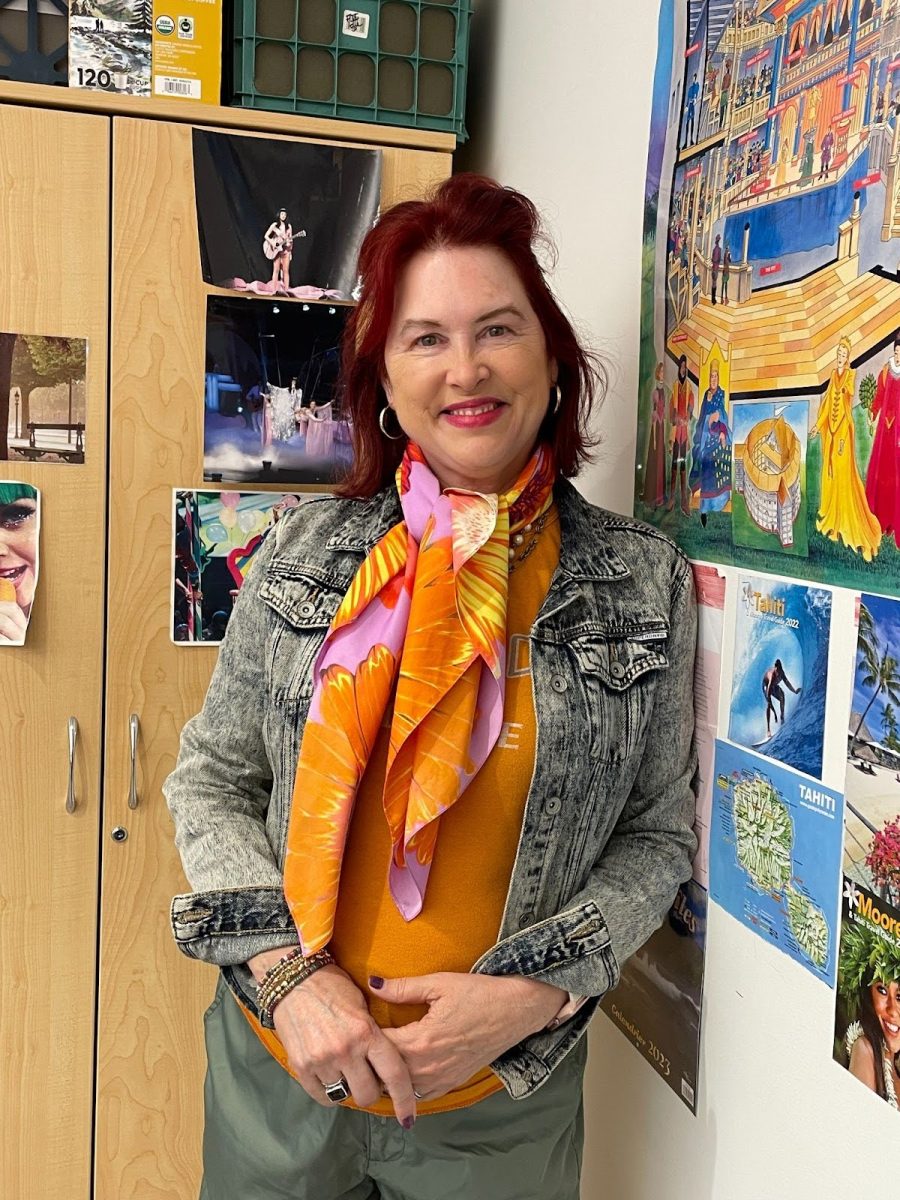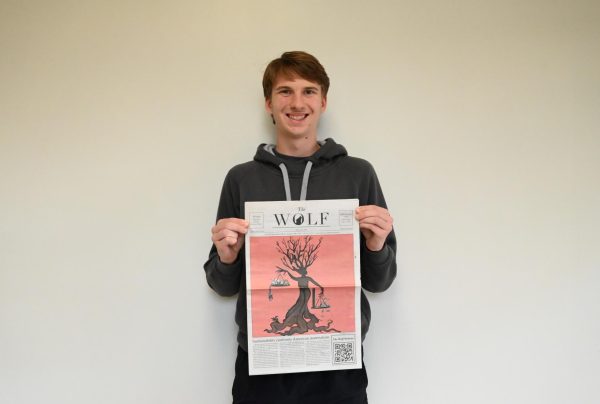Haiti is experiencing a severe crisis while simultaneously lacking leadership. This is due to factors including the murder of their president, ongoing gang territory expansion, trash littering the streets, inhumane living conditions, COVID-19 and a lack of medical buildings staying open.
With a long history of suffering from natural disasters, Haiti has constantly had to rebuild and be resilient. COVID-19 proved to be a mass medical challenge for their infrastructure. Haiti took another hit in July of 2021 when their 43rd president, Jovenel Moise, was assassinated. Ongoing gang activity continues to spread as gangs facilitate most of the country and virtually control Port au Prince, the country’s capital.
People living in Haiti don’t have access to medical care from hospitals due to all the suffering their country’s economy, infrastructure and community have faced.
Tualatin High School (TuHS) senior and HOSA (Future Health Professionals) president Nathan Ruybalid weighed in on the situation.
“For the average Haitian, it’s almost impossible to receive any form of healthcare, battling food insecurity, violence and soaring inflation in the midst of a healthcare crisis,” he said.
Ruybalid described the harsh conditions most living in Haiti endure day to day. In a recent study, the Red Cross found that just 60 percent of the population around Port au Prince has access to medical care. The Red Cross also estimated the infant mortality rate approximately 79 out of every 1,000 births.
Ruybalid further stressed the importance of healthcare, stating,“Healthcare is one of the most critical aspects of society, and it needs to be a priority of the global community to aid every struggling country in providing for its citizens.”
As there is a ton of work needed to be done, the United Nations has pledged to help Haiti. According to haiti.un.org, they have 17 goals they are striving to contribute to, with one of the largest goals being “Good health and well-being.”
Ruybalid added, “HOSA believes in providing healthcare for every person; as an organization, they’ve partnered with the National Marrow Donor Program.”
This is an organization that has changed how we look at certain diseases in our community and around the world.
Like Ruybalid, we continue to need young people in the medical field who want to see change in their community and around the world.

